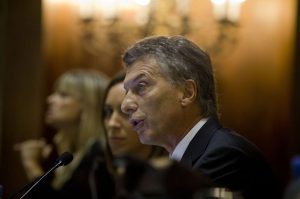
Argentina to Expand Use of Plea Bargaining, Inspired by Brazil
With the use of plea bargaining, a Brazilian legal team has recovered $785 million stolen in the Lava Jato (Car Wash) corruption scandal, and they’re hunting down another $5.9 billion. You can’t blame Argentina for wanting to use the controversial legal tool to see what it can recoup, too. Inspired by Brazil, Argentine President Mauricio Macri is laying … Read more

How a Film About a Bear Got Chile to Reckon With Its Past
When Chile won its first-ever Academy Award on February 28 for the animated short film “Bear Story” (Historia de un Oso), the nation got more than a gold-plated statuette. It was also jolted into confronting the still-taboo subject of forced exiles and political disappearances under the military dictatorship of General Augusto Pinochet. An estimated 200,000 Chileans fled … Read more
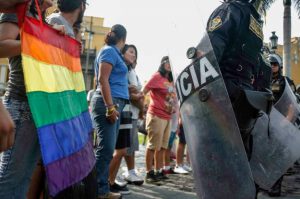
Peru’s LGBT Community Frustrated By Violence, Presidential Election
With less than six weeks to go before Peru’s presidential election, gay rights activists are fighting to put LGBT inclusion on the national agenda and find a candidate to rally behind. It isn’t easy, says Carlos Polo in Lima. Over Valentine’s Day weekend, Polo was beaten by police while kissing his boyfriend during a small … Read more
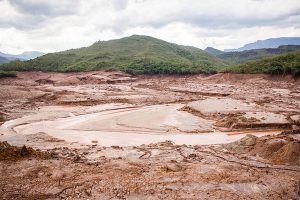
This Week in Latin America: Brazil’s Environmental Disaster
Sign up here to get This Week in Latin America delivered straight to your inbox every Monday. Samarco Settlement: Nearly four months after a burst mining dam in Brazil killed 19 people and caused a wave of toxic sludge to pollute major water sources, mine owner Samarco Mineração S.A. is expected Monday to announce a financial settlement with the Brazilian government. Joint … Read more

How Mauricio Macri Plans to Fill a $1 Billion Hole at Aerolíneas Argentinas
Last year was a good one for global airlines. Thanks to falling fuel prices and an increased demand for air travel, the industry earned an estimated $33 billion in 2015. Carriers around the globe earned near-record profits. Not so in Argentina, where according to official figures state-run Aerolíneas Argentinas operated at a loss of nearly … Read more
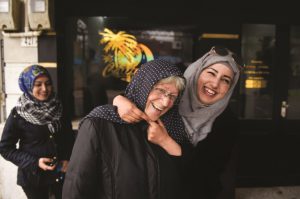
How Syrian Refugees Are Succeeding in Latin America
The Syrian refugee crisis is one of the great humanitarian causes of our time. In Latin America, many countries have welcomed migrants with open arms. In this special section from our first issue of 2016, AQ looks at the success stories, the challenges, and the ways all of us could do more to help. We … Read more
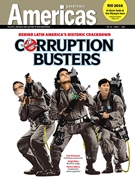
Corruption Busters
Articles: The Amazing Case That Proved Latin America’s Crackdown on Corruption Is For Real by Brian Winter If it can happen here, it can happen anywhere. Full text available. Time to Clean Up: A Case For Greater Transparency in the Americas by Jorge Medina Méndez Why the costs of corruption are too high for executives, … Read more
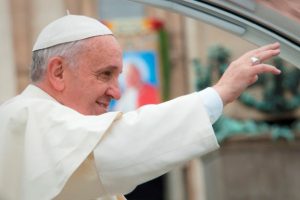
What a Year for Latin America!
U.S. and Cuba reopen embassies On July 20, Cuba reopened its embassy in Washington, D.C., in a concrete sign of how the former Cold War foes have made significant strides toward restoring bilateral relations and rebuilding trust. A month later, the U.S. reopened its embassy in Havana. (Photo: Saimi Keinänen/Flickr) Pope Francis visits Ecuador, Bolivia … Read more
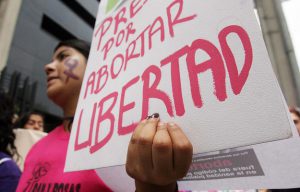
In Latin America, Abortion Rights Stall as LGBT Rights Advance. Why?
Last month, thousands of people in cities across Brazil took to the streets to protest a bill that, among other things, would make it more difficult for rape victims to obtain abortions. In Rio de Janeiro, those protestors gathered just blocks away from the state’s justice tribunal where, less than two years before, more than … Read more
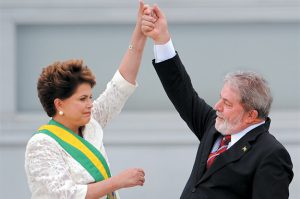
Goodbye to the Status Quo: Why Change Is Coming to South America
This article is adapted from the Fall 2015 print edition of Americas Quarterly. To subscribe, please click here I first met Dilma Rousseff in the hallway of a dingy hotel in Juiz de Fora in August 2010. She was in the homestretch of the presidential race and she, like Brazil, could seemingly do no wrong. … Read more
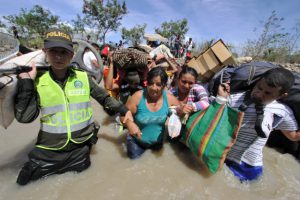
The Trump-ification of Venezuela
Welcome to the Trump-ification of Venezuelan politics. By closing one of the busiest sections of the border with Colombia, and launching mass deportations of citizens from that country, the government of President Nicolás Maduro has actually implemented what the Republican presidential candidate only dreams of doing. Indeed, Maduro’s policies constitute a low point in the … Read more
Endnotes: Edgardo Ortuño
Below are the endnotes from a profile of Edgardo Ortuño by Isabel Oronoz (Summer 2015 AQ). http://www.inmujeres.gub.uy/innovaportal/file/18530/1/cuaderno1.pdf
Endnotes: Race and Ethnicity in Latin America
Below are the endnotes from Race and Ethnicity in Latin America by Judith A. Morrison (Summer 2015 AQ). The views expressed in this article are the author’s own and do not necessarily reflect those of the institution with which she is affiliated. Molinas Vega, Jose R.; Barros, Ricardo Paes de; Saavedra Chanduvi, Jaime; Giugale, Marcelo; Cord, Louise … Read more
Jamaica’s Pride Week Is A Positive Step for the Caribbean
Correction appended below On Saturday, LGBT rights organizations kicked off PRiDE JA 2015, Jamaica’s first ever gay pride week. For a country that TIME magazine once called “the most homophobic place on earth,” the event is testament to a slowly improving climate for an often persecuted LGBT community. “Despite the realities, Jamaica is changing slowly … Read more
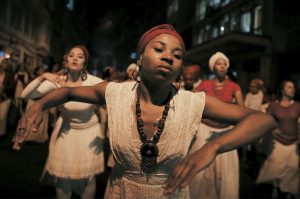
Behind the Numbers: Race and Ethnicity in Latin America
Throughout Latin America, race and ethnicity continue to be among the most important determinants of access to opportunity and economic advancement. Indigenous and Afro-descendant peoples in Latin America represent 40 percent of the total population—a sizeable share—yet they remain a disproportionate segment of the poorest of the poor. While a priority for social inclusion measures, … Read more


